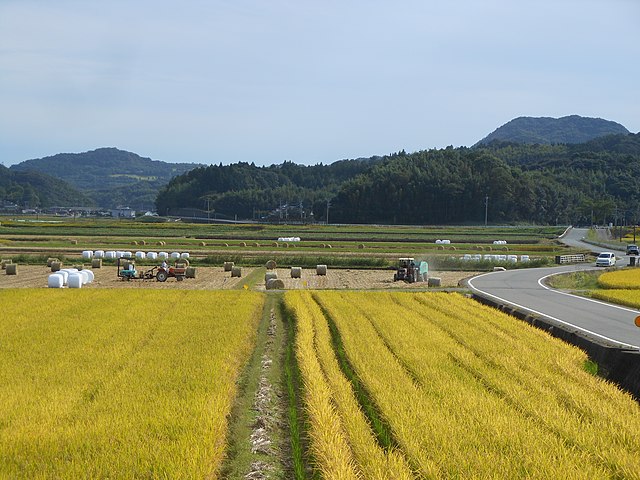Can Tho City: Currently, the Mekong Delta produces about 30 million tons of rice straw every year. However, it is estimated that only about 30% of the amount of straw is collected and used.
Recently, the Can Tho Plantation and Plant Protection Department in collaboration with the International Rice Research Institute (IRRI) held a meeting of actors in the value chain of straw products to promote innovation in the straw value chain. The aim is to enhance rice straw and strengthen linkages and cooperation, accelerate the application of sustainable management measures, avoid burning straw in the fields, contributing to the development of green agriculture and create sustainable rural areas.
Ms. Dinh Thi Kim Dung, Chief of Office of the International Rice Research Institute in Vietnam, said that the Mekong Delta currently produces about 25 million tons of rice per year, and generates about 30 million tons of rice straw. However, it is estimated that only about 30% of the straw is collected for mushroom production, mulching, animal feed, etc., and 70% of the straw is burned in the field. This causes loss of nutrients and pollutes the environment. Plowing straw into flooded fields causes increased greenhouse gas emissions. The main cause of this situation is partly due to the lack of technological solutions for the collection, treatment and processing of straw and the low value of straw.
Therefore, over the past weeks, IRRI has coordinated with the agricultural sector of Can Tho city and the localities in the Mekong Delta to deploy many training activities. The coordination also seeks to support farmers to apply the mechanization of straw collection, build models of livelihood development and increase income from straw. The latter income-earning method includes using straw to grow straw mushrooms, making potted plants and producing organic fertilizers.
In particular, through the project entitled “Promoting innovation in the straw value chain in Vietnam”, IRRI has also collaborated with the relevant units to promote survey, research and support activities for farmers in the field. The aim is to enhance the development of value chains of the products from straw.
Currently, IRRI is coordinating with agencies and units to carry out activities to support farmers in exploiting and promoting the value of rice straw. The coordination is also providing information on collection, production development and trading products from rice straw in the Mekong Delta.
In addition, the results obtained from surveys, market research surveys and value chain studies of straw products were presented recently by IRRI’s research team. Since then, farmers and stakeholders have exchanged and proposed innovations and offered solutions to remove difficulties, promote linkages, and develop the value chain of straw products according to market demand. In addition, IRRI also supports farmers to promote mechanization in straw collection and develop groups for collection services.
Ms. Pham Thi Minh Hieu, Director of the Can Tho Plant Protection and Cultivation Sub-Department, said that in the past, the Can Tho Department of Cultivation and Plant Protection has coordinated with IRRI to promote the development of product value chains. Straw production or rice cultivation using organic fertilizers from straw reduces the cost of chemical fertilizers by 35-40%. At the same time, it increases profits by 10% on the same area compared to traditional production. .
There are already practical models: using the rice straw by-products, now in Can Tho City, there are a few cooperatives that are capable of producing organic fertilizer from straw with technology supported by IRRI to sell to many people. This is helping to create a new direction to produce value-added products from rice straw. It is also helping to make use of the by-products of rice cultivation process, thereby changing the traditional rice straw handling practices of farmers.
Source: nongnghiep.vn
